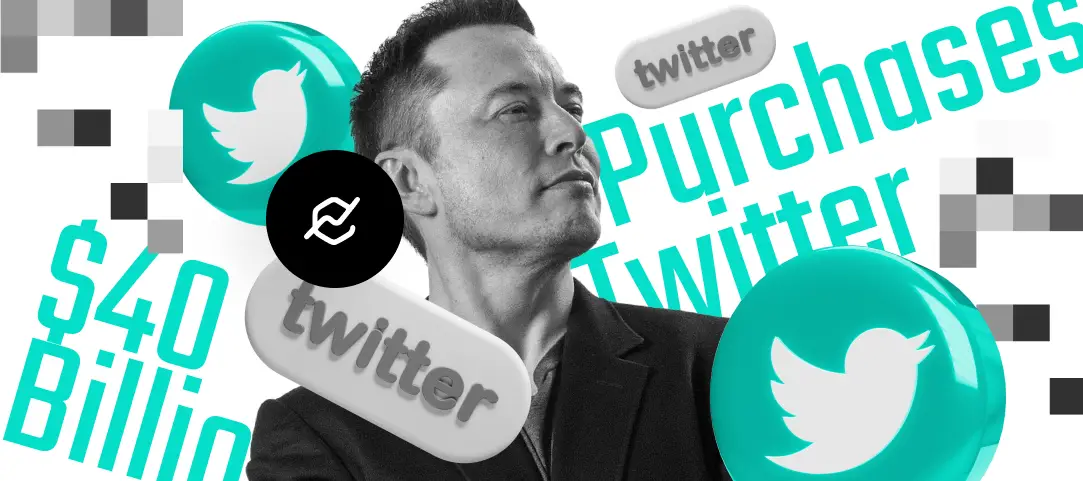
After months of much-publicized drama, the world’s wealthiest man, Elon Musk, has finally completed his Twitter acquisition, in a deal worth $44 billion.
With new leadership, some significant changes are expected. Prior to the acquisition, Musk announced his intention to loosen Twitter’s moderation policy (including lifting Donald Trump’s ban), add new features, and find another source of revenue apart from advertisement. Musk will also be cutting costs in an effort to reach more than 900 million users and $26.4 billion in annual revenue by 2028, compared to last year’s 200 million users and $5 billion in revenue.
Musk’s acquisition of Twitter was a rocky one. Soon after the deal was arranged in April, he changed his mind, mostly due to allegedly being misled about how much spam content plagued Twitter. He tried to back out of the deal, but Twitter pressed court charges. After unsuccessfully trying to get a discount, Musk finally backed down and agreed to proceed with the acquisition.
Following the acquisition, Musk announced that one of the first things he’ll do is look into the matter of shadowbans. Such bans happen when a social platform effectively bans a user’s content without officially closing the account or notifying the user. This is in line with Musk’s policy of looser moderation.
Similar to Facebook’s oversight board, the billionaire has formed a council in charge of making decisions on content moderation on Twitter. However, there’s still no information about who will be on the council, how they will be appointed, or exactly how the council will operate. We do know that the company’s previous policy director was fired following Musk’s acquisition, as well as the chief executive and financial officer. Generally, Twitter’s employees now worry about losing their jobs as part of Musk’s strategy to limit Twitter’s costs. We’ll see how this goes.

 2 years ago
192
2 years ago
192














 English (US) ·
English (US) ·